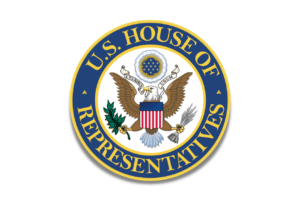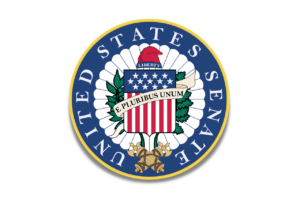The $2.2 trillion Coronavirus Aid, Relief, and Economic Security Act (CARES Act), H.R. 748, was passed by the House by a voice vote and signed by President Trump on March 27. The bill includes:
- Business Provisions:
- $337 billion in Small Business Loans and Grants;
- Paycheck Protection Program: loan forgiveness for employers with less than 500 employees that keep all employees on payroll for eight weeks;
- Employee Retention Credit: Up to $5,000 per employee refundable credit; and
- Increase from 30 to 50 percent in 2019 and 2020 for modification of limit on business interest.
- 120-day moratoriums on late fees, foreclosures and evictions due to late payment for properties with a federal backed mortgage or in a covered housing program:
- The low-income housing tax credit (LIHTC);
- Public housing;
- Section 8 Housing Choice Voucher program;
- Project-based Section 8 housing;
- Section 202 supportive housing for the elderly;
- Section 811 supportive housing for persons with disabilities;
- Section 236 multifamily rental housing;
- Section 221(d)(3) Below Market Interest Rate housing;
- HOME Investment Partnerships;
- Housing Opportunities for Persons with AIDS;
- McKinney-Vento Act programs; and
- USDA Rural Development.
- $290 billion direct payments of up to $1,200 for individuals and $2,400 for married filing jointly to families making up to $75,000/$150,00. The tax credit phases out for individuals and families making between the aforementioned amounts and $99,000/$198,000. 2019 tax returns will be used to determine income, unless the 2019 tax return has not yet been filed. In that case IRS will use the 2018 tax return. Additional $500 for each child under 17.
- $290 billion in tax cuts on high-cost employer-sponsored health care coverage
- $260 billion in Unemployment Insurance Expansion:
- Additional $600 per week on top of state unemployment benefits;
- Extends benefits for up to 39 weeks;
- Temporary broadening of eligibility to include self-employed, gig-workers, independent contractors and workers with irregular work histories; and
- Waives state waiting periods and work-seeking requirements.
- $532 billion Treasury Exchange Stabilization Fund:
- $454 billion for loans, guarantees and other investments and
- $61 billion in lending to airlines and industries important to national security.
- $358 billion in Appropriations:
- $117 billion for Hospitals and Veterans Heath Care;
- $150 billion for Coronavirus Relief Fund for state, tribal and certain local governments;
- $45 billion for FEMA Disaster Relief Fund;
- $31 billion for other health care; and
- $15.4 billion in HUD Supplemental Appropriations, outlined in this post.
The House and Senate are both out until April 20, but work has already begun on drafting a fourth Coronavirus aid package. The package is likely to include funding for health systems, frontline healthcare workers, infrastructure, state and local governments and rebates to families and individuals. Speaker Nancy Pelosi (D-CA) is leading the effort to draft the fourth package and President Trump has indicated support to include infrastructure funding in the package. Meanwhile, several Republicans have voiced doubt that a fourth package is necessary. Speaker Pelosi expects to have draft legislation for members to vote on after the April 20 recess.


